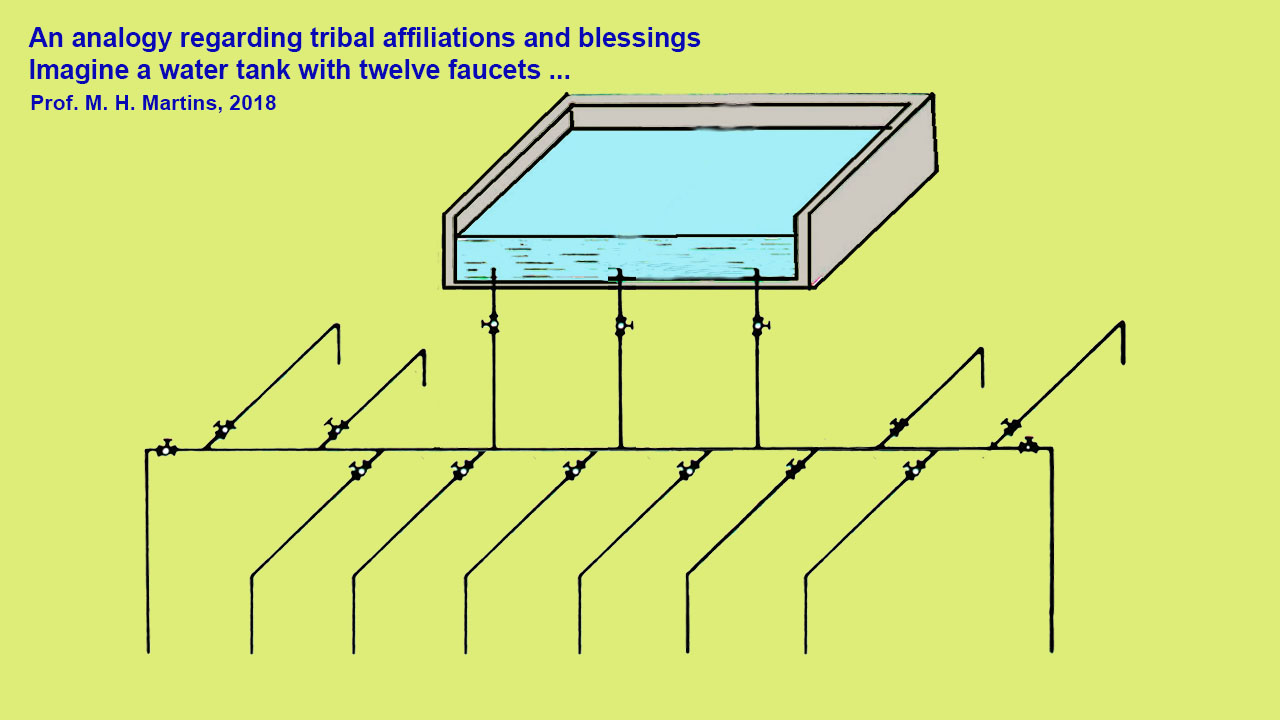
| Section 1
The Lord's Preface to His "Book of Commandments" |
The first word of the book: "Hearken" (1)
To hearken - to give ear; to listen with attention, sympathy, or acceptance of what is said; to give respectful attention; to give heedIn this book (i.e. the Doctrine and Covenants) the Lord is addressing: (1-2)To heed - to concern oneself with or take notice of something; to have regard or pay attention; to mind
To mind - to recall and bear in mind; to occupy oneself with; to direct one's attention or energies upon something; to become aware of; to remember in prayers; to have something in view; to contemplate with the intention of taking action
. When I think about it, I conclude that the late John Lennon was absolutely right: the Beatles will always be more popular than Jesus Christ. Can you see why? Here is a hint: ordinances, commandments, dress and grooming standards, etc.
The Lord can't look upon sin with the least degree of allowance (31)
| Section 2 |
Moroni's quotation of Malachi 4:5-6 (also to be discussed on section 110)
. How significant are these differences--and why did the prophet Joseph include this version in the D&C, since we already had two previous versions of the same?
Elijah - Restored the Sealing Power:
The power and authority by which the administration of any of the blessings of the Gospel of Abraham made by a righteous mortal priesthood holder--which administration is made by means of ordinances and covenants--would be recognized (or validated) in eternity. (Marcus H. Martins, Unpublished speech)
"To turn the hearts of the fathers to the children, and the children to the fathers, lest, the whole earth be smitten with a curse."
The Prophet Joseph Smith"Now, the word "turn" here should be translated "bind," or "seal." But what is the object of this important [i.e. Elijah's] mission? or how is it to be fulfilled? ... By building their temples, erecting their baptismal fonts, and going forth and receiving all the ordinances, baptisms, confirmations, washings, anointings, ordinations and sealing powers upon their heads, in behalf of all their progenitors who are dead, and redeem them that they may come forth in the first resurrection and be exalted to thrones of glory with them;and herein is the chain that binds the hearts of the fathers to the children, and the children to the fathers, which fulfills the mission of Elijah. ...
The question is frequently asked, 'Can we not be saved without going through with all those ordinances?' I would answer, No, not the fulness of salvation. Jesus said, 'There are many mansions in my Father's house, and I will go and prepare a place for you.' "House" here named should have been translated "kingdom;" and any person who is exalted to the highest mansion has to abide a celestial law, and the whole law too." January 20, 1844 (Teachings of the Prophet Joseph Smith, p.330)
President John Taylor"God is interested in the dead as well as the living. Adam, who is the Ancient of Days and the father of the human family ... and all the prominent leading men of God ... and thousands of these peoples have passed away having held and now holding the Priesthood; all these ancient fathers feel interested in this great work, and their hearts are turned toward the children, being interested in their welfare, happiness and exaltation; and their children who now have received the Gospel have their hearts, through this instrumentality, and the keys and principles which were introduced by Elijah, turned towards the fathers through the inspiration of the same ... everlasting Gospel, being associated with the everlasting covenant, which principle wherever it has
existed, brought life and immortality to light." - (Journal of Discourses, 25:181 - May 18, 1884)

| Section 3 |
The work of God is never frustrated; He does not employ "schemes" or subterfuge (1-3)
No one in the Church can be called "strong" or "firm"; no one can engage in this work without the Lord's help (4)
No one should fear men more than one fears or reveres
God (7-8)
Questions for Review
1. What will eventually happen to the
rebellious in the last days? (1:3)
2. What were some of the major problems of the world listed by the Lord? (1:16)
3. What did the Lord do to help resolve the problems of the world? (1:17,20-23)
4. What is going to happen with those who boast of their righteous works, their
service, etc. and despise the counsels of God? (3:4)